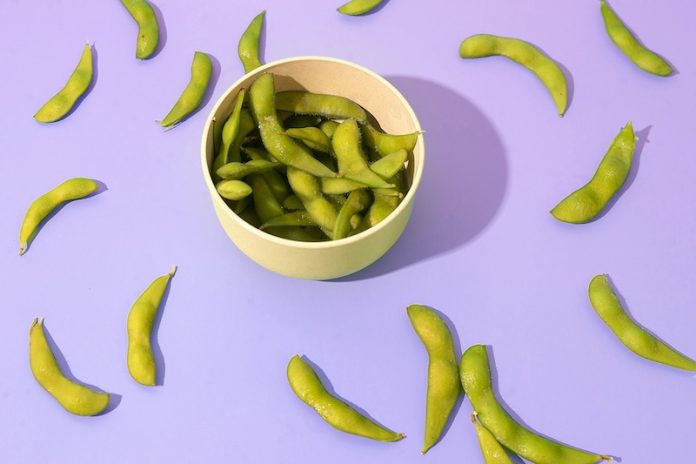
A recent study has found compelling evidence about the role of plant-based compounds, particularly isoflavones, in reducing the risk of breast cancer recurrence and mortality.
The study was done by researchers from Australia, Denmark, England, Norway, and the US, and was published in the journal JNCI Cancer Spectrum.
It reviewed 22 observational studies to understand the impact of certain dietary intakes on breast cancer outcomes.
The analysis, which included 11,837 women across six studies, found that soy isoflavones were linked to a 26% reduced risk of breast cancer recurrence, particularly among post-menopausal survivors.
The biggest risk reduction was observed at an intake of 60 milligrams per day, equivalent to two to three servings of soy products.
Enterolactone, a compound formed from lignans in the gut, showed a notable reduction in breast cancer-specific mortality (28%) and death from any cause (31%), with a 35% reduction in post-menopausal women’s mortality from any cause.
Lignans are present in a variety of plants, including flaxseeds, cashew nuts, broccoli, and brussels sprouts.
The consumption of green tea was found to reduce the risk of breast cancer recurrence by 44% in early-stage breast cancer patients. The most notable effect was seen with the intake of three to five cups per day.
The study found inconclusive results regarding cruciferous vegetables, possibly due to low average intake in the studies.
While lignans showed a moderate reduction in mortality among older women, their effects seemed to increase mortality risk in younger women, indicating a dependency on hormonal environments.
Lead author Diana van Die from Western Sydney University emphasizes that these findings were graded as probable, indicating strong research backing.
However, senior author Channing Paller cautions that these foods and phytonutrients are not alternatives to medical or surgical treatment for breast cancer.
The study highlights the need for more robust research to determine the most effective dosages and the impact of adopting these dietary habits post-diagnosis as compared to lifelong habits formed before diagnosis.
If you care about cancer, please read studies about a new method to treat cancer effectively, and this low-dose, four-drug combo may block cancer spread.
For more information about cancer prevention, please see recent studies about nutrient in fish that can be a poison for cancer, and results showing this daily vitamin is critical to cancer prevention.
The research findings can be found in the journal JNCI Cancer Spectrum.





